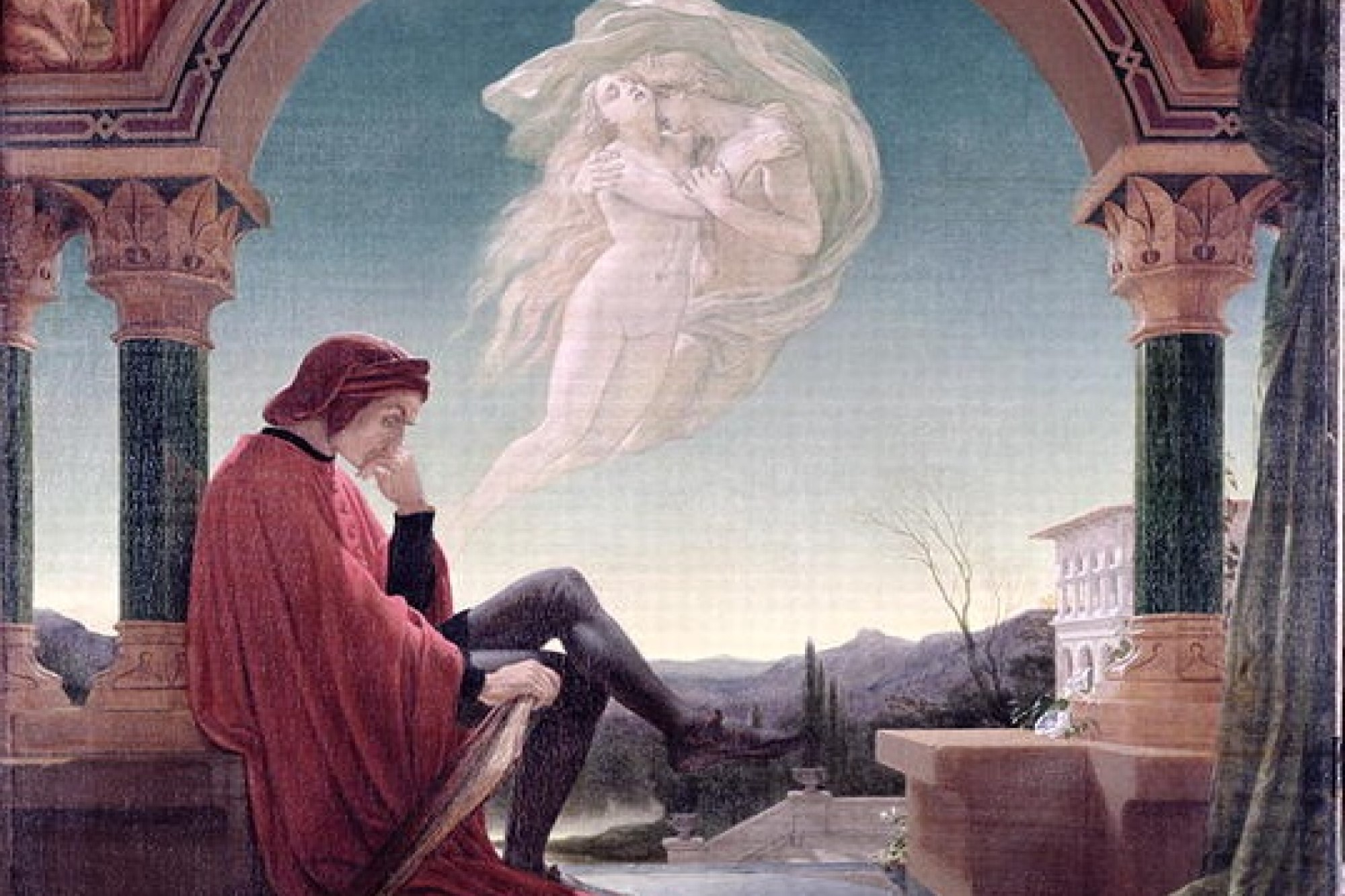The Lengths to Which We Go: Part 1
Andrew John Hozier-Byrne — better known by the stage name Hozier — released his third studio album, Unreal Unearth, in August of last year. Since its release, the album has met critical acclaim, garnering celebratory reviews and a spot among the Rolling Stone’s top 100 albums of the year.
If you haven’t had the chance, I’d highly recommend taking a listen: it’s Hozier’s lyrical folklore in its most refined form, and if you’ve been a fan of Hozier since Take me to Church first broke into the cultural zeitgeist a decade ago, you’ll find yourself immediately at home. But, if you listen closely, Unreal Unearth also challenges us; it presents emotions and philosophies in contradiction with one-another, drawing out the contradictions in our understanding of love, sacrifice, and morality. Unreal Unearth is an incredibly rich case study on the lengths to which we’ll go for the people that we love.
* * *
The fourth song of the album, Francesca, presents us with the first face of the coin.
The song is firmly based in Dante Alighieri’s Divine Comedy: the famous descent through hell’s nine circles. In the Comedy’s fifth canto, Dante descends to the second circle of hell, which is reserved for the so-called “carnal sinners:” those who were overcome by lust in their corporeal life. Dante tells us that the second circle is “mute of all light,” and dominated by a “infernal hurricane that never rests.” The souls of the damned are to be found in the whipping winds of the hurricane; for their tempestuous sin, Dante tells us that the souls are swept up and battered by the hurricane, never to find peace or rest for eternity. Here, Dante sees the souls of many historical figures known to us today: he sees Achilles, Paris, Dido, Cleopatra. But as he surveys the souls, he sees two which are intertwined, who “seem upon the wind to be so light,” and calls out to them.
The first to speak is the soul of Francesca da Rimini, a noblewoman from northern Italy and contemporary of Dante. Though the historical record is sparse, we believe that young Francesca had been married to one Giovanni Malatesta as part of a political deal: her family and Giovanni’s both aspired to political power, and the competing dynasties aligned themselves through Giovanni and Francesca’s marriage. Francesca, however, would soon fall in love not with Giovanni, but with his younger brother Paolo; and when Giovanni discovered their affair, he murdered both his wife and his brother. One commentator, writing some forty years after their death, dramatized it as such: “he found them while sinning, took a sword and pierced them at the same time in such a way that locked together in one embrace they die.”
What is remarkable about Dante’s telling of Francesca’s story is the sympathy with which she is portrayed, especially when compared with the many other damned souls which Dante encounters on his descent. Francesca tells her story unapologetically, with command; and Dante, upon hearing it through the winds of hurricane, is overcome with sadness. He writes: “and all the while one spirit uttered this, the other one did weep so, that, for pity, I swooned away as if I had been dying, and fell, even as a dead body falls.”
It is this story, this Francesca, which Hozier draws upon in the fourth song of Unreal Unearth. Hozier continues on the path that Dante laid, giving a similarly unapologetic voice to Francesca and Paolo:
“Now that it’s done
There’s not one thing that I would change
My life was a storm, since I was born
How could I fear any hurricane?”
Hozier’s thesis, though, is most apparent in the song’s chorus, sung over a driving drum set and guitar:
“If someone asked me at the end
I’ll tell them put me back in it
Darling, I would do it again
If I could hold you for a minute
Darling, I’d go through it again.”
Francesca, here, is imagined as not only unrepentant, but defiant of the punishment which Dante imagined for her and her lover. The hurricane is no tempest; and if given the choice to love again, even knowing the cost which would be paid and the eternity which awaited them, Francesca would whole-heartedly embrace the chance. For Paolo, there is no length to which Francesca wouldn’t go.
Francesca de Rimini’s story, as told by Dante and retold by Hozier, is moving: it is a love story which, in the defiance and commitment which it expresses, shows Francesca as both heroine and tragic victim. Part of the emotional power of the story and song, I believe, is how they capture a powerful part of how we understand love, whether romantic or platonic. Francesca loves in the way we might want someone to love us: unreservedly, unapologetically, with abandon, at whatever cost, in full embrace of whatever consequence, even those eternal. It is this sort of unconditional love which is our cultural and emotional ideal; it is reflected in our wedding vows (“for better, for worse, for richer, for poorer, in sickness and in health”), in our literature (Jane Eyre and Romeo and Juliet), in our films (Titanic, The Notebook). Love, when it takes a form where no distance or length is too great, resonates with us in a deep way.
But Francesca’s story, alongside many of the stories which investigate this form of unconditional love, show a form of duality. While we find the idea of a love for which no length is too far romantic, or even an ideal, there are some distances which still give us pause. Some might judge Francesca’s story in this way: perhaps you find the idea of an adulterous affair, however loveless the marriage, unethical. I will not come down on this question here (though I would argue strongly for one answer); I merely wish to illuminate one side of our cultural understanding of unconditional love. That which, as many find in Francesca de Rimini’s story, is hopeful, inspiring, and reflects what we might want in love.
Hozier, however, does not leave this theme with the ending of Francesca. He poses to us, later in Unreal Unearth, a question: is there a length to which we shouldn’t go?
* * *
Francesca’s final chorus does not fade, but builds over its guitar to a key change, where all of the track’s energy in the drum set is moved to thundering downbeats on the base drum and crashing cymbals. The voices of Hozier and his accompanying vocalists split and overlap, coalescing into a shout chorus which invokes both the image and sound of a divine host; the electric guitar sustains on a frantic vibrato bar, mimicking the winds in which Francesca and Paolo were both damned and united for eternity. Under Hozier’s soaring vocals, his accompaniment sings:
“Heaven is not fit to house a love
Like you and I.”





